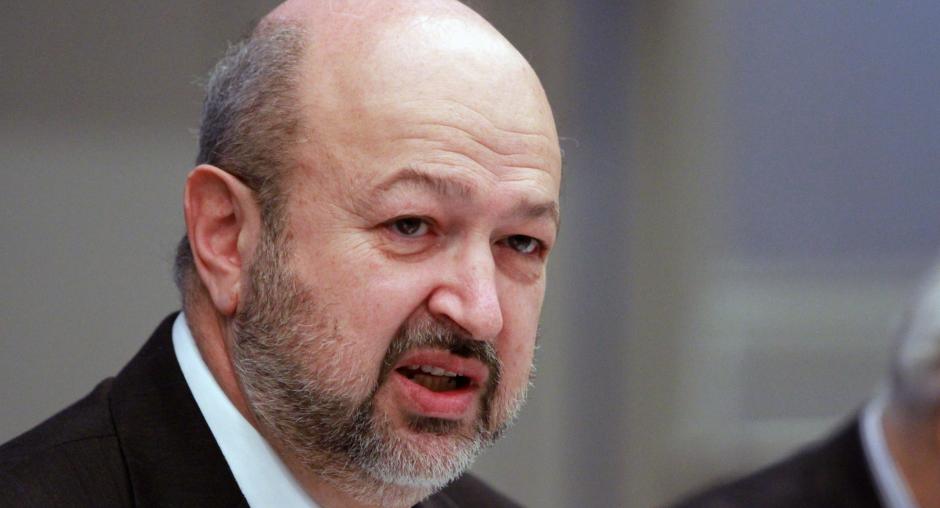Reconciliation key to breaking ‘cycle of enmity’, OSCE Secretary General tells meeting participants

VIENNA, 18 December 2012 – Reconciliation is key to overcoming the lack of trust and animosity with the aim to facilitate progress towards a Euro-Atlantic and Eurasian Security community in the OSCE region, said participants at an OSCE workshop in Vienna today.
Some 150 experts, researchers and representatives of OSCE participating States and international organizations discussed best practices in and challenges to reconciliation processes, drawing from past and present experiences.
“Reconciliation acknowledges the instrumental role of deep-rooted grievances, misperceptions and distrust, as well as the power that historical legacies and divisive memories have in fuelling and sustaining tensions and ‘protracted’ animosity, even over generations,” said OSCE Secretary General Lamberto Zannier opening the event. “It holds the prospect of breaking the cycle of enmity by creating or ‘re-creating’ constructive political and societal relationships and making it possible to move forward.”
In his keynote speech, Adam Daniel Rotfeld, the Polish Co-Chair of the Polish-Russian Group on Difficult Matters, called reconciliation a “multi-dimensional, depoliticized process” that is “political, social and spiritual” involving civil society, non-governmental and confessional organizations, media and schools as well as writers, artists and filmmakers.
Anatoly Torkunov, the Russian Co-Chair of the Polish-Russian Group on Difficult Matters, and Rector of Moscow State Institute of International Relations said that “political leadership is one of the decisive factors in the process of rapprochement and reconciliation”. He recommended that the OSCE identify best practices and “properly codify the mosaic of reconciliation practices all over Europe” as a first step in developing a reconciliation strategy.
Henri Menudier, Professor for Political Science and German Studies at the University of Paris III – Sorbonne outlined the process of Franco-German reconciliation, showing how “traditional enemies became real friends”.
The event is a follow up to the “Security Days” track-two initiative held by the OSCE Secretary General in June, which identified reconciliation as an essential building block for a security community and a key element of any durable peace.
